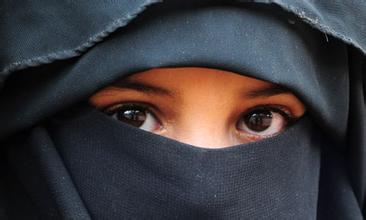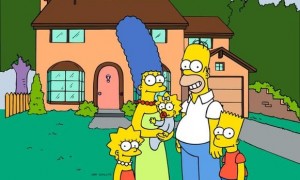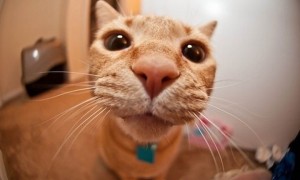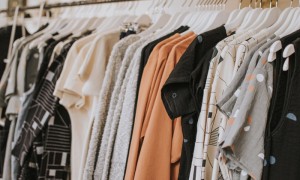导读:Radi Suleiman先揭下了面纱,然后取下了包住头的围巾,最后把它们都扔得远远的。她说:“在我们依照自己的意志穿戴上它们时,它们很美丽。而当这成为强制性的东西时,就会被轻视。我再也不想要它们了。”

Radi Suleiman first takes off the veil that covers her face and then the scarf that covers her head and throws both away from her. “When we used to wear it with our free will, it was beautiful. When it became obligatory and enforced it became despised. I don’t want it anymore,” she says.
Radi Suleiman先揭下了面纱,然后取下了包住头的围巾,最后把它们都扔得远远的。她说:“在我们依照自己的意志穿戴上它们时,它们很美丽。而当这成为强制性的东西时,就会被轻视。我再也不想要它们了。”
Suleiman, 39, lived in ISIS-controlled Raqqa in northern Syria but has since escaped to Lebanon with nine of her 11 children.
Suleiman今年39岁,居住在叙利亚北部被ISIS所控制的拉卡市。但是她和自己11个孩子中的9个逃到了黎巴嫩。
Sitting in an well-kept refugee tent in Lebanon’s Beqaa Valley, she hates ISIS. At first she thought their presence would be relatively benign, until it started imposing rules on women about their dress – demanding they cover their heads and faces in public, and then forcing women to marry foreign fighters. “This outfit is a fraud – it is a deception,” she says.
她在黎巴嫩贝卡谷地的一处条件不错的难民营里落脚,十分痛恨ISIS。一开始她以为ISIS会是十分和善的人,而之后他们开始对女性的着装加以强制要求,要她们在公共场合盖住头和面部,之后还强迫女性嫁给外国战士。她说:“这完全就是诈骗。”
As a Muslim women she says wearing the hijab is an important part of her culture, however, when a dress code is enforced – particularly in such an oppressive way—it becomes something to “despise.”
作为一名穆斯林女性,她说穿戴希贾布是她文化中重要的一部分。然而,如果着装成为强迫性的话,它就应该被“藐视”。
All of the armies kill and slaughter – the Kurds, the Iraqi army, the Free Syrian Army, Assad’s Army, but ISIS is “the most evil and criminal organisation,” she says.
所有的军队都会大肆杀戮,不管是库尔德人、伊拉克陆军还是叙利亚自由军,她说,但ISIS是“最邪恶的犯罪组织”。
They put the slaughtered bodies on the bridges to display them and “bring children and make them look at them”, she recalls. These children have “evil in their hearts” because of what they’ve seen – “you can’t even trust kids anymore” – you never know who they are with and who is training them, she says.
她回忆道,他们把被屠杀者的遗体摆在桥上,再“带着孩子们去看那些尸体”。这些孩子“从小就充满邪恶”因为他们接触的就是这些东西。“你无法再信任孩子们,你根本不知道他们是谁,正在受到何人的训练。”她说。
“I have seen things you can’t imagine,” says Suleiman. “I saw how they cut the hands and legs of men before they slaughter them,” she recalls.
Suleiman说:“我曾目睹过你无法想象的事情。我看见他们在屠杀前是如何砍下男人的手脚的。”
Now, she pays $100 a month rent for the refugee tent near Zahle. Her tidy kitchen and neat bedrooms are testament to her defiance against the fate that has befallen her and millions of other Syrians in recent years.
现在,她每月支付100美金作为撒勒附近难民营的租金。整洁的厨房、卧室代表着她和上百万叙利亚人对命运的反抗。







